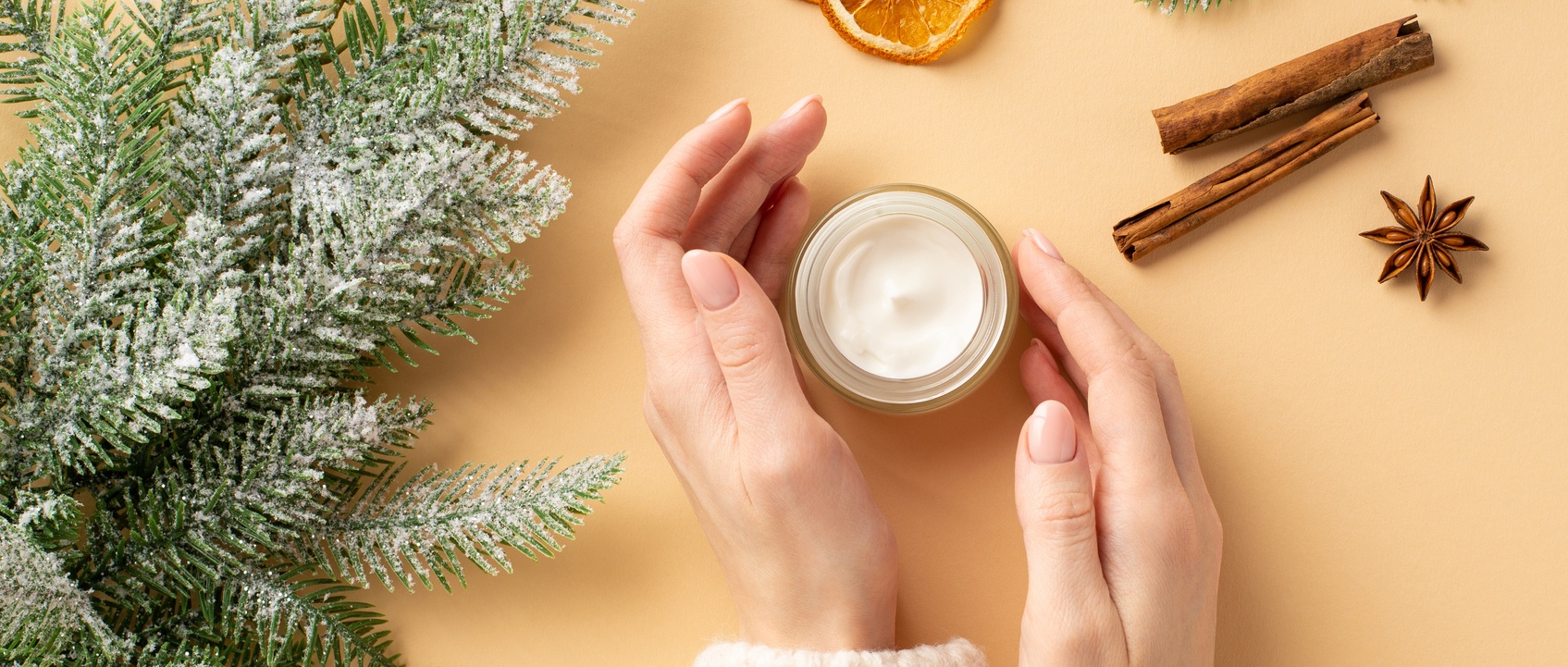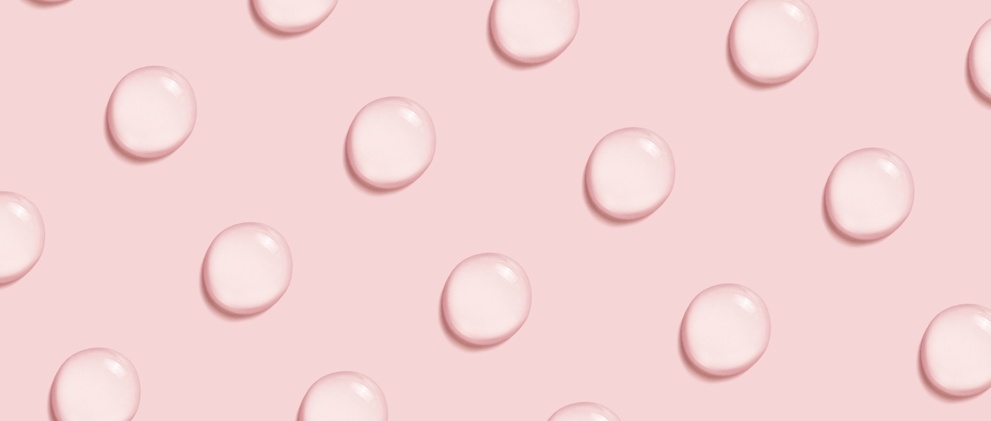
How to stop dry skin ruining your winter
Peer reviewed by Dr Krishna Vakharia, MRCGPLast updated by Victoria RawLast updated 13 Nov 2024
Meets Patient’s editorial guidelines
- DownloadDownload
- Share
- Language
- Discussion
- Audio Version
Many of us have a bit of dry skin from time to time. However, this can often get worse during winter when we're exposed to more extreme temperatures, and the drying effects of central heating. Here we explain what might be causing your dry skin, and the best way to treat it.
In this article:
Video picks for Skincare
Continue reading below
What causes dry skin in winter?
Rather than assuming your dry skin is being caused by turning the thermostat a little too high, it's important first to consider what else might be triggering it.
Dr Adam Friedmann, Consultant Dermatologist, The Harley Street Dermatology Clinic says: "Dry skin can have a number of causes. The problem can be related to age, your working environment, or may be the result of a health condition."
Skin conditions
Many of us think of conditions such as eczema as something that first occurs during childhood. However, it's possible to develop the condition - which causes irritation, redness and dry skin - later in life.
"The most common form of disease causing dry skin is eczema," explains Friedmann. "Other causes might be psoriasis, lichen planus or lichen simplex. These are basically all inflammatory skin diseases that can leave your skin a bit - or in some cases very - dry."
Environmental factors
As well as central heating, many things in our environment can cause skin problems, so it can be hard to discover the cause.
"If your doctor has ruled out skin diseases, and there are no other telltale symptoms, you would probably benefit from allergy testing," says Friedmann. "These are patch tests to pick up allergies to fragrances or preservatives that you may be coming into contact with. If you do discover such an allergy, then avoiding the trigger should sort the problem out."
However, patch testing is rarely available on the NHS, unless you have severe skin problems, and it may be harder to establish other environmental triggers.
"The environment can be difficult to control," explains Friedmann. "You might find that heaters, water softeners or other environmental issues are OK for some people but not for others. Experimenting with eliminating various things may help you to discover the cause."
Dietary problems
Friedmann says that in extreme cases, you might find skin problems accompanying severe vitamin deficiency, but this would only come about with an incredibly poor diet or absorption problems: "Your diet is unlikely to be the cause, unless you have a low-grade allergy to something you are consuming."
In addition, whilst it may feel that being dehydrated could cause problems with dry skin, this is also unlikely.
Dr Anton Alexandroff, Consultant Dermatologist, Spire Cambridge Lea Hospital says: "Dehydration isn't normally involved in dry skin. It's more about moisture of the outer skin."
How to treat dry skin in winter
Back to contentsIf you haven't got an allergy or specific skin disease, the best way to treat your dry skin and prevent further dryness is through regular moisturising.
"Moisturisers are the first line of treatment," explains Alexandroff. "You can choose between creams, ointment or gel. The greasier it is, the more efficient it is. Whilst ointments may be too greasy for some people's taste, the benefit is that you don't need to apply as much, or as frequently."
However, you need to choose your moisturiser wisely, as some ingredients may exacerbate existing problems.
Friedmann says: "Most dermatologists would recommend you avoid fragrances and plant extracts - such as tea tree oil - which may irritate the skin. Instead, we'd suggest you use simple moisturisers such as Vaseline or E45 cream.
"It's also a good idea to wash with moisturiser instead of soap. Soap can often make the problem worse."
Doctors are now advised by the NHS not to prescribe soap substitutes and moisturisers except in severe cases. But a wide variety of moisturisers are available from pharmacists.
Continue reading below
Can I over-moisturise?
Back to contentsWhen it comes to moisturising, it's hard to know exactly how often to do it.
Alexandroff advises: "You should moisturise at least once a day, especially during the winter."
Friedmann adds: "Unless you're someone who gets a reaction to moisturiser - such as an acne sufferer who may find it clogs their pores a little - it's impossible to over-moisturise."
Whilst dry skin can be irritating, with the right care you can keep the problem in check this winter.
When to see a doctor
Back to contentsA small amount of dry skin may clear up in a few days and not recur. If it's not too severe, your local pharmacist may be able to help with diagnosis and treatment. But if you're concerned about your skin, it's time to give your doctor a call.
Alexandroff advises: "It's a good idea to see your doctor if you're worried about dry skin. This is especially important if you also have redness, inflammation or itching."
Your doctor will be able to help diagnose your condition and may refer you to a dermatologist for further investigation.
Patient picks for Skincare

Skin, nail and hair health
Hyaluronic acid: skincare benefits, side effects and more
If you're looking to add a serious shot of hydration into your skincare routine, look no further than hyaluronic acid. Unlike other skincare acids, this substance doesn't exfoliate but instead draws in moisture, keeping your skin protected while appearing more youthful.
by Lynn Stephen

Skin, nail and hair health
Does Bio-Oil work on stretch marks?
Bio-Oil is a brand name for a skincare Oil that is said to help improve the appearance of scars, stretch marks, and uneven skin tone. The beauty industry is saturated with products claiming to get rid of stretch marks and wrinkles. We look at whether Bio-Oil does what it claims.
by Victoria Raw
Continue reading below
Article history
The information on this page is peer reviewed by qualified clinicians.
Next review due: 14 Nov 2027
13 Nov 2024 | Latest version
23 Oct 2018 | Originally published
Authored by:
Gillian Harvey

Ask, share, connect.
Browse discussions, ask questions, and share experiences across hundreds of health topics.

Feeling unwell?
Assess your symptoms online for free
Sign up to the Patient newsletter
Your weekly dose of clear, trustworthy health advice - written to help you feel informed, confident and in control.
By subscribing you accept our Privacy Policy. You can unsubscribe at any time. We never sell your data.